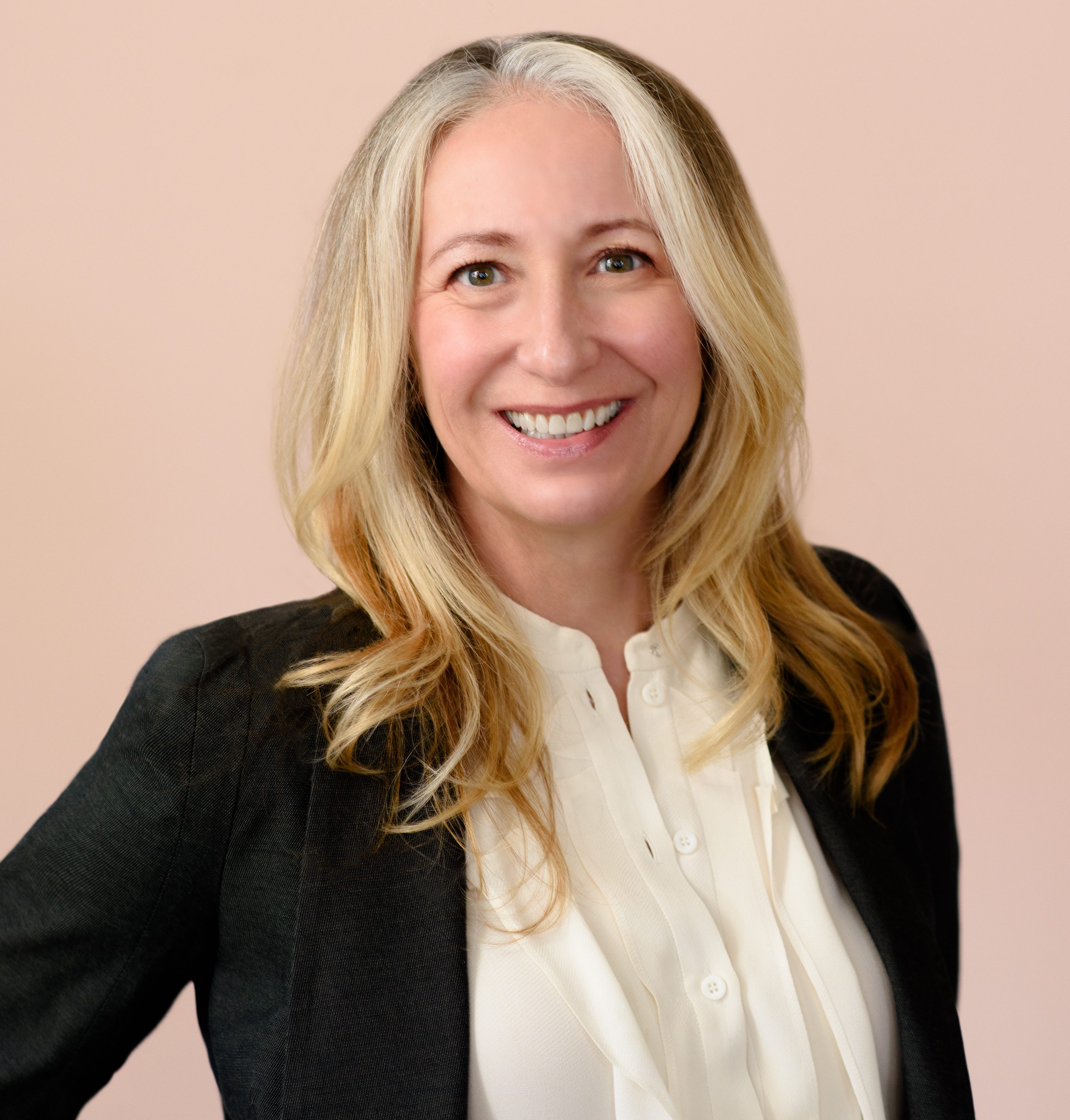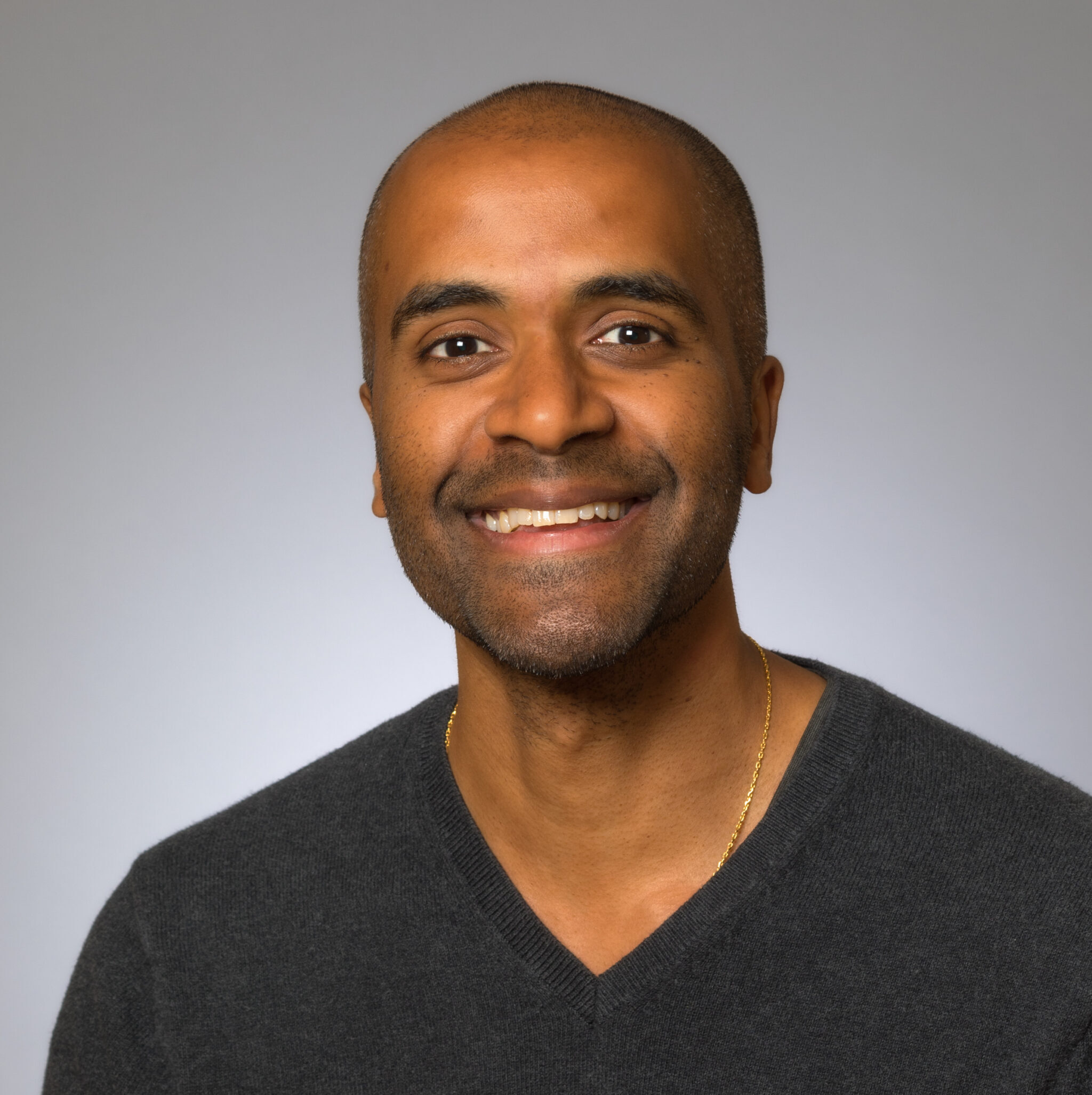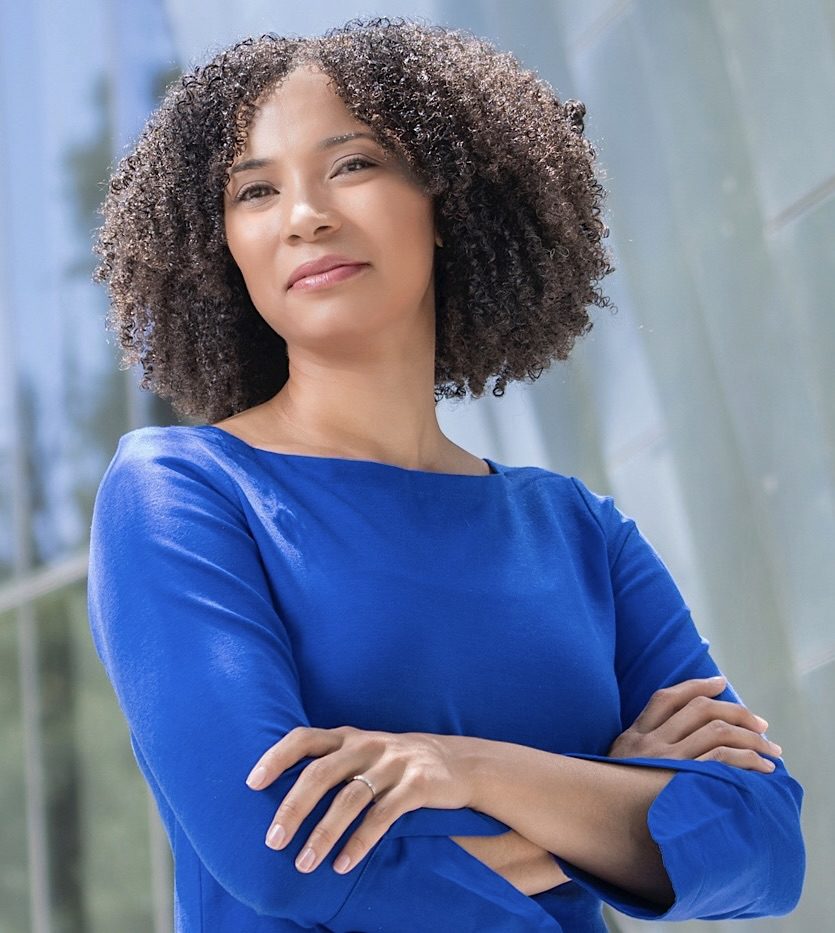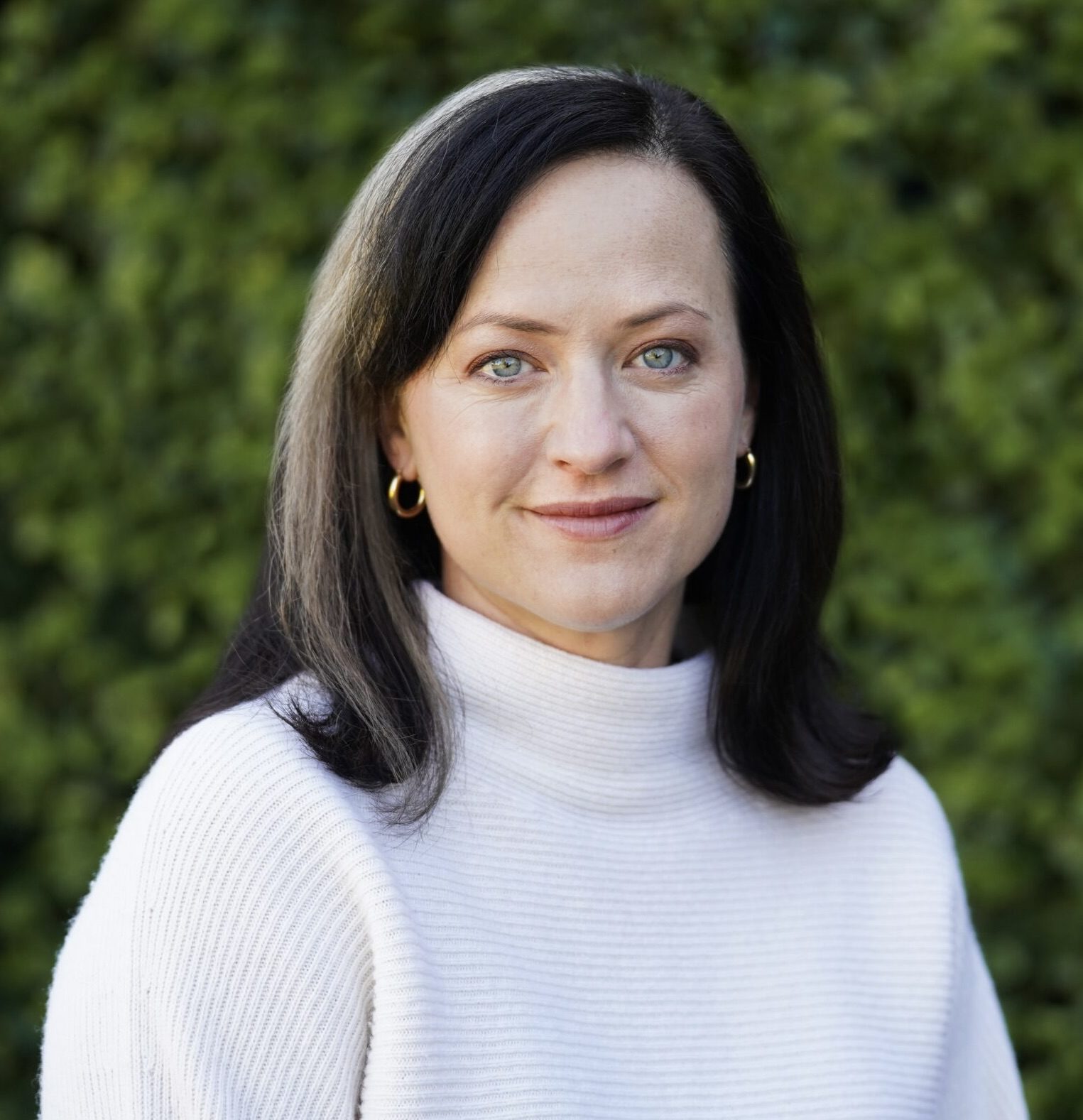Four UC Law Professors Win Prestigious Faculty Chair Titles
Four UC Law San Francisco professors were recently awarded new titles as faculty chairs, achieving one of the law school’s highest honors.
Alina Ball, Emily Murphy, Jodi Short, and Manoj Viswanathan were elevated to new positions as endowed chairs or named professors. Established by gifts from generous alumni, the titles are reserved for faculty members who demonstrate excellence in scholarship, teaching, and service, with special emphasis on scholarly excellence. They are chosen by the Chancellor & Dean in consultation with the Provost & Academic Dean and Associate Dean for Research.
“These outstanding professors and scholars have made invaluable contributions in their respective fields of expertise, and we are incredibly proud to celebrate them and recognize their impressive achievements,” said Chancellor & Dean David Faigman.
The four faculty members have produced important research in recent years, distinguishing themselves as top legal scholars on subjects including tax law, racial justice, corporate governance, and a new field of study that melds brain science and law. During the 2023-2024 school year, each new chair holder will give public lectures open to the entire law school community and share insights from research that earned them recognition.
“Each of the new chairholders is an accomplished scholar, talented and devoted teacher, and highly engaged community member,” said Provost & Academic Dean Morris Ratner.

Professor Jodi Short has done extensive research on public and private regulatory regimes.
Jodi Short – Mary Kay Kane Professorship
Short, who just wrapped up a successful three-year term as Associate Dean of Academic Research at UC Law SF, was previously recognized as the Honorable Roger J. Traynor Chair. She joined the UC Law SF faculty in 2012. Her research focuses on governance broadly conceived, from separation of powers in the administrative state to private entities monitoring the global supply chain and ways to encourage compliance with global labor standards. Her most recent work, co-authored with faculty from Northwestern and Harvard business schools, investigates second- versus third-party audit quality.
“It is a privilege to be the inaugural holder of the chair honoring Mary Kay Kane—a pathbreaker for women in the legal academy, a renowned scholar, a devoted mentor, and a dedicated institution builder. I am deeply inspired by her legacy,” Short said.
This professorship was established by a bequest included in the estate of the late Mary Kay Kane to promote excellence in teaching and scholarship among faculty. Mary Kay Kane served as the first female Chancellor & Dean of UC Law SF from 1993 to 2006. She was a groundbreaking scholar, nationally recognized expert on civil procedure, and advocate for legal education internationally, who is credited with helping to bring UC Law SF into the modern age.

Professor Manoj Viswanathan analyzed progressive tax proposals in his most recent research.
Manoj Viswanathan – Joseph W. Cotchett ’64 Professorship
Viswanathan is Co-Director of the Center for Tax Law at UC Law SF. He joined the UC Law SF faculty in 2015. His research focuses on tax policy, inequality, and tax-exempt organizations. His prior work has analyzed the effects of the 2017 Tax Cuts and Jobs Act on corporate behavior and the benefits of tax planning for low-income workers. His most recent work proposes a novel framework through which an individual accounting progressive consumption tax (IAPCT) can be implemented. He wrote, “This article is the first to demonstrate that taxing consumption directly and progressively is indeed possible.”
Distinguished alumnus Joseph W. Cotchett ’64 established this professorship to support faculty whose teaching and research “will help preserve a just society that affords everyone an opportunity.” Cotchett also supported construction of one of the law school’s newest buildings that bears his name, the Cotchett Law Center.
“Having a chair named for Joe Cotchett, whose generosity to both UC Law SF and the community is legendary, is truly an honor,” Viswanathan said. “I look forward to promoting the values he espouses through both my research and my teaching.”

Professor Alina Ball explored how transnational lawyers can advance racial and economic justice.
Alina Ball – Bion M. Gregory Chair in Business Law
Ball’s research focuses on business law, social entrepreneurship, and racial justice. She joined the UC Law SF faculty in 2013 and founded the Social Enterprise and Economic Empowerment Clinic, an in-house corporate law clinic that blends transactional lawyering with critical analysis of social and economic justice issues. Ball is founding Co-Director of the Center for Racial and Economic Justice at UC Law SF. Her recent 2022 articles address the Tulsa Race Massacre and “transactional community lawyering,” which she defines as “the intentional incorporation of community lawyering theory into a distinctly transactional practice.”
Funds for this chair were donated by the family of Bion Gregory ’68, the longest serving Legislative Counsel in California history. Gregory led the office that drafts legislation for and advises California lawmakers from 1976 to 2001. The chair recognizes scholarly excellence in business law.
“It is truly an honor to have been named the Bion M. Gregory Chair in Business Law,” Ball said. “I am excited to use this platform to champion transactional lawyering and corporate law as a means for addressing critical societal problems.”

Professor Emily Murphy pioneered a new field of study that combines brain science and law.
Emily Murphy – Harry & Lillian Hastings Research Chair
Murphy has been working to pioneer the emerging field of “law and neuroscience” since 2007. She joined the UC Law SF faculty in 2017 and was awarded tenured status last year. Her writing on “collective cognitive capital” explores how behavioral and brain science data can be used to improve public policies and promote collective flourishing. Her recent 2022 articles, Brains Without Money: Poverty as Disabling and Collective Cognitive Capital, effectively created a new field of study. Her work has earned attention from academics around the world and inspired a symposium at Stanford Law School this past spring.
“I’m honored to hold this chair, and grateful for the support of my interdisciplinary research,” Murphy said. “Law and brain/behavioral science have many points of contact, and I am trying to create new ones that work towards the mutual goal of human flourishing.”
This chair was established in 1996 by a gift from Lillian Hastings on behalf of her late husband Harry Hastings. The chair recognizes tenured faculty for outstanding published research and proposals for future scholarship.